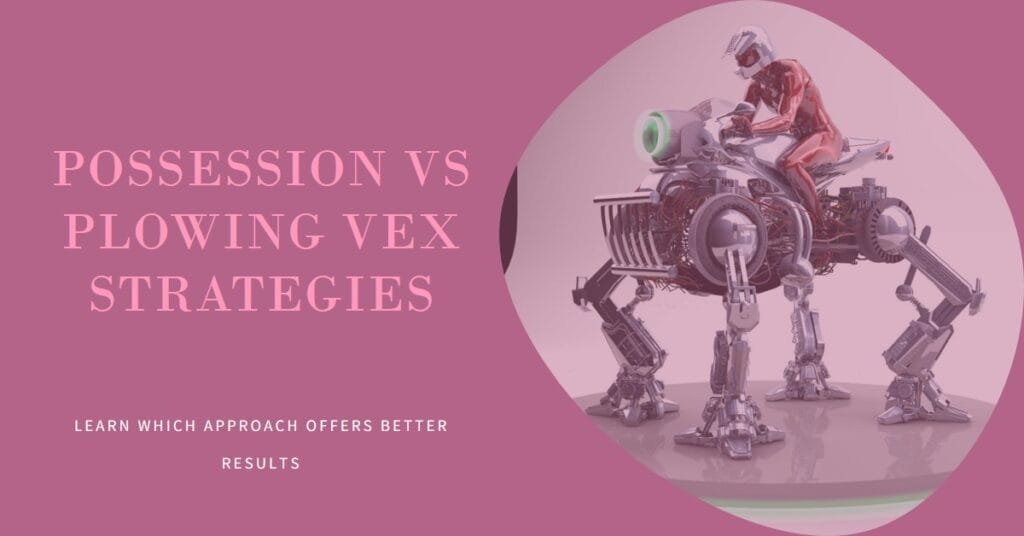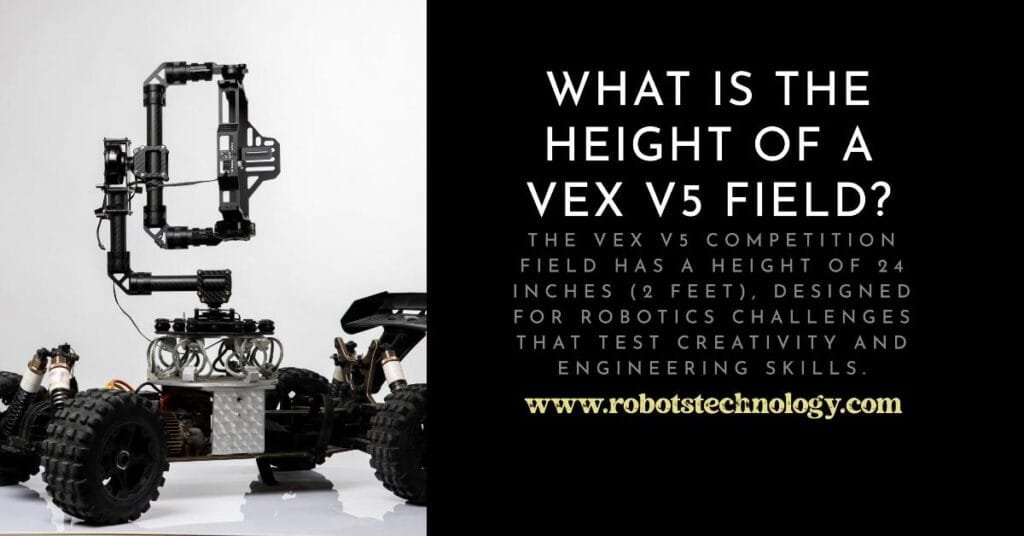Two strategic routes are usually offered to us in life: plowing or possession. While plowing is all about future-oriented growth, Possession vs Plowing Vex Which Strategy Works Best? stresses ownership and control over current assets. Investing time and money in something that could pay off more down the line is what plows aim at. Though they are symbolic, these words have use in business, finance, relationships, and personal growth.

We will explore the specifics of both approaches in this post, discuss their advantages and drawbacks, and assist you to choose which one would be most appropriate for you. Knowing these two can transform your life—personal as well as professional.
What is Possession?
Possession is the act of owning or under control something. In business terms, this could imply complete control over resources, a company, or an asset. Many times, possession is viewed as a tactic driven only toward instant stability and protection. Whether it’s real estate, a consistent employment, or an investment portfolio, having something gives one certainty.
In real estate, for instance, possession could refer to outright ownership of property, therefore granting complete control over its use. In business, possession could be confused with clinging to intellectual property, resources, or your current market share.
What is Plowing?
More of a growth-oriented tactic is plowing. You spend resources into something with hopes of future returns rather than clinging to them. Often used metaphorically, the phrase “plowing” refers to investing time, money, or effort into a project, concept, or business venture likely to expand over time.
Consider starting a garden using seeds. You till the ground, sow the seeds, and watch them grow. This could show up in life as funding for a business starting, education, or building enduring relationships. It’s about delayed gratification—knowing that your current efforts will pay off down road.
Possession vs. Plowing: Key Differences
Their timescale is where Possession vs Plowing Vex Which Strategy Works Best?differ most from one another. Possession is about the present; it gives you security and control over what you now own. On the other hand, plowing looks ahead and sometimes at the expense of temporary stability.
Generally speaking, possession is less dangerous than plowing as you are keeping onto what you already have. It can, however, restrict prospects for development. Although you are speculating on future income, plowing carries greater risk; yet, the possible reward is usually far bigger.
Benefits of Possession
One of the main advantages of ownership is instant control. Whether it’s a company, asset, or ability, you may directly affect how something turns out. Especially in terms of assets like real estate or established businesses, possession is also usually linked with financial stability. Having control over resources also gives one security, hence possession is a less dangerous approach.
Challenges of Possession
Possession, though, might cause inertia. Sometimes clinging to what you already have means you’re closed off to fresh chances for development. Moreover, keeping possession can be expensive, especially if we are referring to physical objects like real estate. These assets may lose value over time or fail to provide the anticipated increase.
Benefits of Plowing
Plowing presents great development possibilities. Investing your resources—time, money, or knowledge—into fresh prospects helps you to practically be ready for success. For individuals wishing to make long-term investments especially, this strategy is quite helpful.
Regarding personal growth, plowing might refer to picking up new abilities or changing careers that will pay off down road. Though they come gradually, the advantages of plowing can well outweigh those of instant ownership.
Challenges of Plowing
The time commitment plowing calls for is one of its most obvious difficulties. Results take time, hence patience might be challenging. The element of risk is also that the resources you invest in something now might not produce the desired outcomes, thereby leaving nothing to show for your work. Still, these hazards can usually be reduced with careful design.
Possession in Financial Strategies
From a financial standpoint, possession can refer to either monetary reserves or actual items like property. This approach appeals to many since it provides less uncertainty and instant cash. Owning real estate, for instance, offers a consistent source of income since it is a fixed asset that may be rented or sold as needed.
Plowing in Financial Strategies
Plowing, on the other hand, entails reinvesting earnings into next projects, such stocks or startup financing. Though generally requiring a long-term goal, this is a more growth-oriented approach. Those who follow this approach are ready to pay temporary losses for maybe very large future benefits. An entrepreneur could commit all their resources to create a company that might not become profitable for years.
Possession in Personal Growth
Regarding personal growth, possession is clinging to the connections, abilities, and routines you already possess. It’s about consistency and preserving what you’ve thus far created. Someone might, for instance, follow a consistent career, perfect their position yet avoid risks or changes.
Plowing in Personal Growth
Plowing in personal development implies never-ending search for fresh chances. Plowing is about investing in future development whether it means picking a different professional route, picking a new skill to acquire, or developing new relationships. This approach calls for an open mind and a readiness to welcome the possibility that the advantages might not show right away.
Choosing Between Possession and Plowing
Your individual objectives and risk tolerance will help you decide whether to plow or possess. If you respect control and security, possession could be the appropriate decision. On the other hand, plowing could result in more long-term benefits if your main interests are expansion and you are ready to take chances.
Conclusion
Ultimately, plowing and possession each have benefits and drawbacks. The secret is striking the proper mix between saving for your future and keeping control over what you now own. Understanding both ideas will help you decide better on your financial plans, job, and life direction.
FAQs
- Can possession and plowing be used together?
Yes, many successful individuals use a mix of both strategies to balance short-term security with long-term growth. - What are the biggest risks of possession?
Stagnation and missed opportunities for growth are significant risks associated with possession. - How can I apply plowing to my personal development?
By continuously learning new skills, building new relationships, and seeking opportunities for growth. - Is it better to prioritize short- or long-term strategies?
It depends on your individual goals, but a mix of both is often the most successful approach. - How do I balance possession and plowing in my financial planning?
Diversify your investments by holding onto certain assets while also reinvesting in opportunities for future growth.

